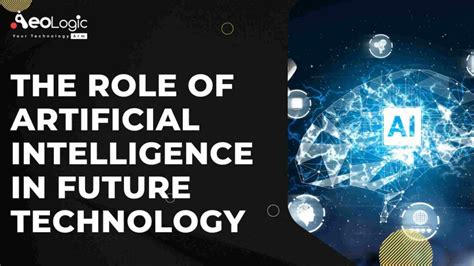The Role of AI in Smart Contract Dispute Resolution
The Role of AI in Smart Contract Dispute Resolution
Smart contracts are self-executing contracts with the terms of the contract written directly into lines of code. They are designed to automate and streamline various business processes, including transactions between parties. However, smart contracts can also lead to disputes between participants due to their complex nature and lack of human oversight. In this article, we will explore the role of AI in resolving smart contract disputes.
Challenges in resolving smart contract disputes
Smart contracts are vulnerable to errors or misinterpretations that can result in disputes between parties. For example:
- Lack of transparency: The decentralized nature of blockchain technology makes it difficult for all parties involved to understand the terms and conditions of a smart contract.
- Limited feedback
: Smart contracts rely on the assumption that users will follow the rules and instructions specified in them, but this assumes that there are no external factors influencing their behavior.
- High Stakes: Smart contracts can have significant financial implications for all parties involved, making disputes even more contentious.
The Role of Artificial Intelligence in Dispute Resolution
Artificial Intelligence (AI) has emerged as a promising solution to the challenges posed by smart contract dispute resolution. By leveraging machine learning and natural language processing algorithms, AI can help identify potential issues with smart contracts, predict their behavior, and provide insights for dispute resolution.
Applications of AI in Smart Contract Dispute Resolution
- Contract Analysis

: AI-powered tools can analyze smart contract code to detect errors, inconsistencies, or potential vulnerabilities that could lead to disputes.
- Dispute Detection: Machine learning algorithms can identify patterns and anomalies in data from various sources (e.g., transactions, user behavior) that may indicate a dispute.
- Predictive Analytics: AI-driven predictive models can predict the likelihood of disputes based on historical data and other factors.
- Automated Dispute Resolution: AI-powered chatbots or virtual assistants can engage with parties involved in smart contract disputes to mediate their issues and facilitate negotiations.
Benefits of AI in Smart Contract Dispute Resolution
- Improved Accuracy: AI-driven analysis can reduce the risk of human error or misinterpretation, leading to more accurate dispute resolution.
- Increased Efficiency: Automated dispute resolution processes can streamline the process, reducing the time and resources required to resolve disputes.
- Improved Transparency: AI-powered tools can provide real-time insight into the behavior of smart contracts, allowing parties to better understand their obligations and rights.
- Reduced Costs: Automating the dispute resolution process can reduce the financial burden associated with traditional litigation.
Challenges and Limitations of AI in Smart Contract Dispute Resolution
- Data Quality: The accuracy of AI-driven analysis relies on high-quality data, which can be limited or biased if not properly collected and validated.
- Complexity: Smart contracts are complex systems that require sophisticated analysis to identify potential problems; simply relying on AI could overlook critical aspects of the contract.
- Regulatory Frameworks: Existing regulatory frameworks for smart contract-based disputes may not address these AI-driven solutions, raising questions about their applicability and effectiveness.
Conclusion
As AI continues to evolve, it is poised to play a significant role in smart contract dispute resolution.
